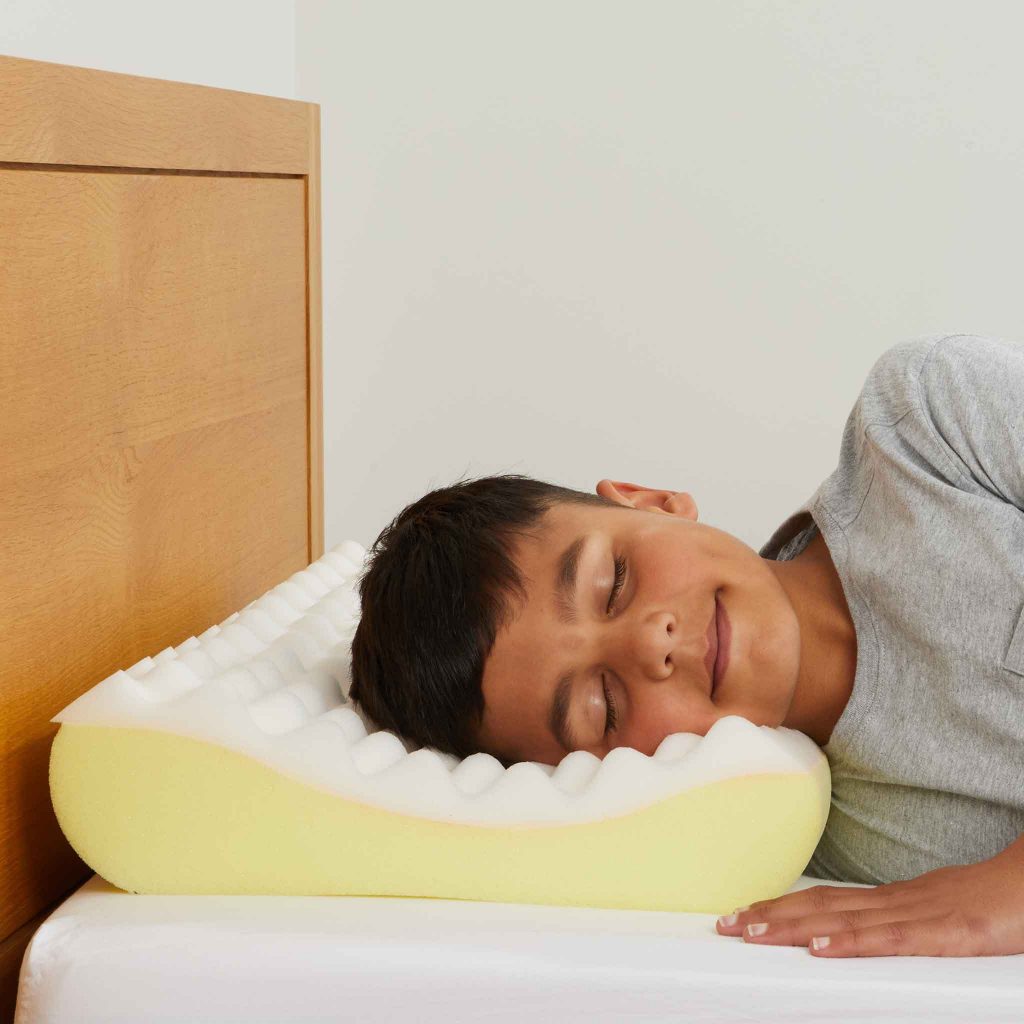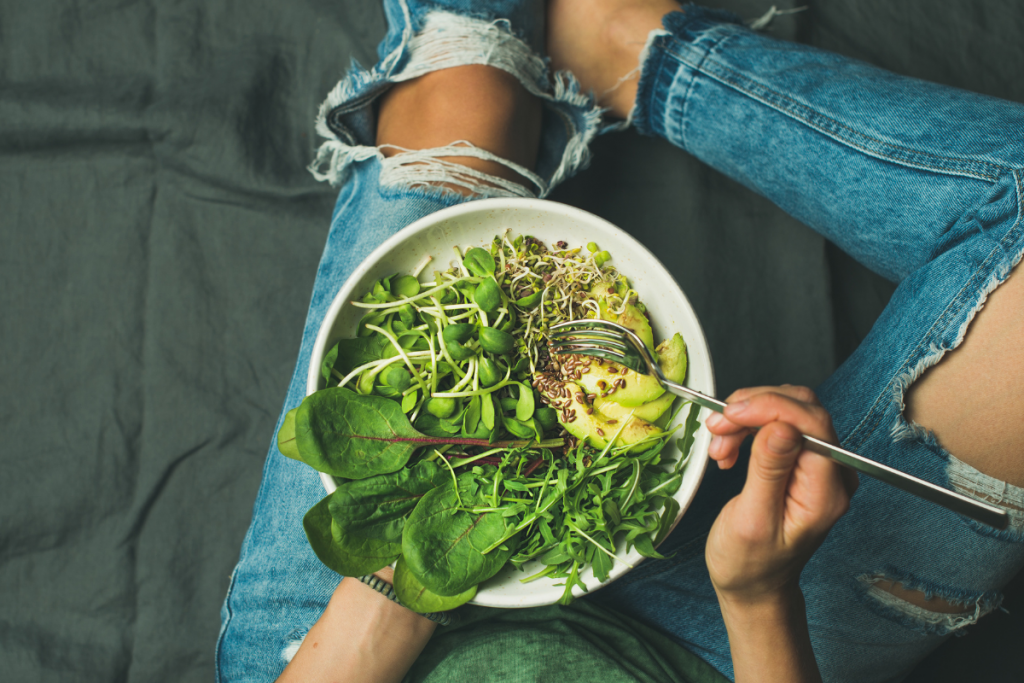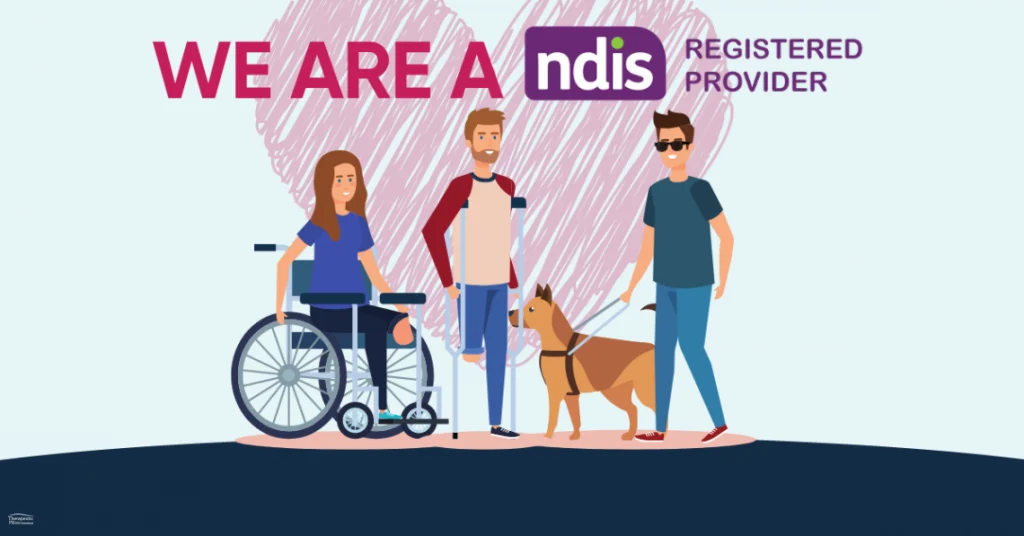You may not be aware, but your diet can directly affect your sleep in a big way.
To help you sleep better we have identified 6 foods that can help to improve your quality of sleep. They are also all great to eat with plenty of fantastic sleep-aiding properties.
Some foods that are believed to help promote better sleep include:
- Dairy products such as milk and yogurt, contain the sleep-promoting hormone melatonin.
- Tryptophan-rich foods such as turkey, eggs, and nuts, can help increase the production of serotonin, a chemical that helps regulate sleep.
- Carbohydrates such as whole grains, can increase the production of insulin and tryptophan, which can make you feel sleepy.
- Almonds - are rich in magnesium which is a necessary mineral for muscle relaxation and helping get a better rest and a deeper rest. If you suffer from night cramps you may find you have insufficient magnesium levels so boost these with the magic of almonds to help you sleep better, rest better and be better.
- Oats - are high in natural melatonin, calcium and magnesium all of which are natural ways to promote resting and give you better rest.
- Cherries - are a source of natural melatonin which is a hormone that helps to regulate rest and give you a deeper more restful sleep.
- Fish - is a source of vitamin D which is being talked about a lot lately as having a direct link to giving you a better sleep.
- Bananas - are packed with potassium which is a mineral that acts as a muscle relaxant. A more relaxed body means better sleep. Simple.
- Spinach - is high in magnesium and Vitamin B6 both of which help promote a deeper and more relaxed rest.
It's also important to have good food-related habits before going to bed, such as:
- Avoiding heavy, greasy, or spicy foods close to bedtime as they can cause indigestion and discomfort.
- Limiting caffeine and alcohol consumption in the evening as they can disrupt your rest.
- Eating a light and healthy snack if you get hungry before bedtime, such as a piece of fruit or a handful of nuts.
- Establishing a consistent routine, including regular meal times, a good quality pillow, and bedtimes, can also help regulate your body's internal clock and promote better sleep.
It's worth noting that everyone's body is different and what works for one person might not work for another, so it's always good to experiment and see what works best for you to improve your rest. Also, it's important to consult your doctor or a nutritionist if you are experiencing sleep problems or have any underlying health conditions or sleep disorders.

Do you want to learn more? Read our Frequently Asked Questions for...
The time it takes for food to digest before sleep can vary depending on the type and quantity of food consumed. Generally, it is recommended to allow at least two to three hours for digestion before going to bed. This allows your body enough time to break down and absorb the nutrients from the food, preventing discomfort and promoting better sleep quality.
Eating a heavy meal or consuming foods that are high in fat, protein, or spice can take longer to digest. These types of foods require more effort from your digestive system, which can lead to indigestion or acid reflux if you lie down too soon after eating. On the other hand, lighter meals that are rich in fiber, such as fruits, vegetables, and whole grains, tend to digest more quickly.
To ensure a good night's sleep, it's advisable to have your last meal or snack at least two to three hours before bedtime. This allows your body enough time to process the food and reduces the risk of discomfort or disrupted sleep. Additionally, choosing lighter, easily digestible foods can help promote a more restful night's sleep. Remember to listen to your body and adjust your eating habits accordingly to find what works best for you.
 0
0 0
0Certain foods can indeed help promote a good night's sleep. One such food is warm milk. It contains an amino acid called tryptophan, which can increase the production of serotonin in the brain. Serotonin is a neurotransmitter that helps regulate sleep and mood. Additionally, foods rich in magnesium, such as bananas and almonds, can also aid in sleep. Magnesium helps relax muscles and calm the nervous system, making it easier to fall asleep. So, incorporating these foods into your evening routine may contribute to a more restful sleep.
Another food that can assist with sleep is tart cherries. They are a natural source of melatonin, a hormone that regulates sleep-wake cycles. Consuming tart cherry juice or a handful of cherries before bedtime may help improve sleep quality. Additionally, complex carbohydrates like whole grains and oats can increase the production of serotonin, promoting relaxation and drowsiness. It's important to note that while these foods can be beneficial, establishing a consistent sleep schedule, creating a relaxing bedtime routine, and maintaining a comfortable sleep environment are also crucial for a good night's sleep.
 0
0 0
0








